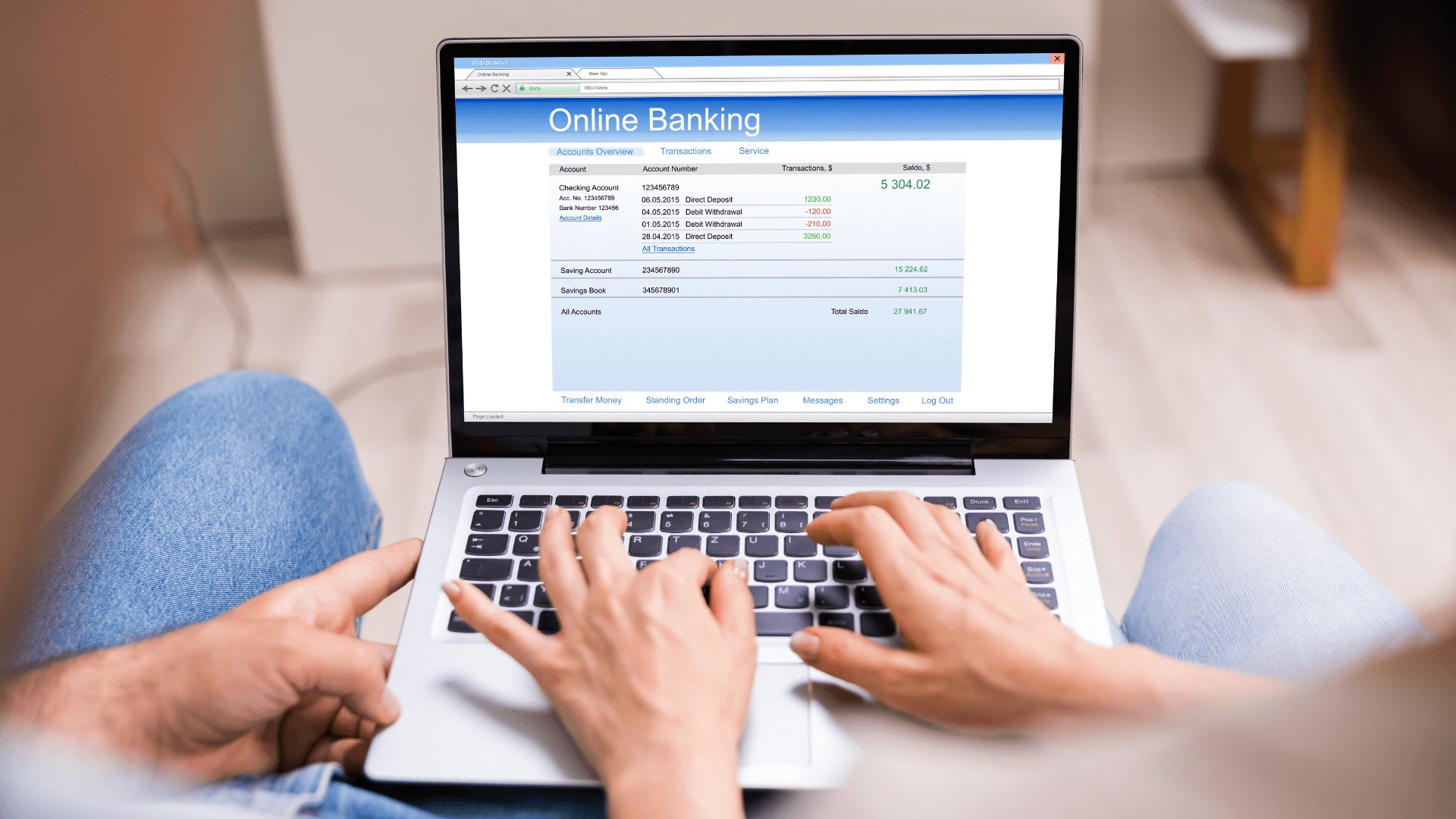When starting a business, there are plenty of exciting steps to follow. However, setting up a business bank account usually isn’t one of them. Sure, it’s not as glamorous as designing your website or pitching to investors but it still shouldn’t be overlooked.
The reality is that a business bank account is one of the most vital elements of your business. It’s where you will manage your cash flow and keep track of your expenses since these tend to add up quite quickly. Even if you may not realise it initially, having the right account can make running things a lot easier.
Business bank accounts to consider include:
Does Your Startup Really Need A Business Bank Account?
This question may cross your mind as a new business owner, especially in the early days. Following that, you’ll probably ask yourself why you can’t just continue to use your personal account instead. It’s tempting since it’s already set up and you may be strapped for cash or time – or both.
And while you technically could use a personal account, it’s quite a risky move. Here are a few reasons why every startup founder should prioritise opening a business account.
It supports growth: Every business has the goal of growing, right? At some point, you may need to hire staff or bring in investors. Anything like this will require a business bank account.
Necessary for compliance: When a business has been registered as a legal entity, it’s a requirement to separate your personal and business finances. If you don’t, you could land up facing fines or legal action.
Helps with tax reporting: You need to have a proper record of business income and expenses for tax season and a business account will show this clearly.
| Company | Monthly Fee | Other Requirements | Claim offer |
|---|---|---|---|
| Trusted by more than 50,000 companies 3 Month Free Trial | 3 Month Free Trial and managed through an easy to use mobile app. | Get this deal | |
| 1 Month Free then £14.90 + VAT per month (or £149 per year) | 10 minute sign up, accounting functions and easy to use invoicing tools to get invoices paid faster | Get this deal |
Which Bank Account Features Does Your Startup Need?
Every business bank account is different. Some are designed specifically for startups and small-to-medium-size-enterprises (SMEs) while others aren’t.
So what are the key features that you should look for?
No Or Low Fees
Startups are usually running on a tight budget so having a bank account with unnecessary fees is a no-go. Accounts that are startup-focused will offer low monthly fees, inexpensive international transfers and affordable or completely free ATM withdrawals.
Some banks offer no fees at all for entrepreneurs which can be a lifesaver when you are just starting out.
Integrations For Accounting Purposes
Most startups will use some form of accounting software like QuickBooks or Xero. If a bank account can be directly integrated with these tools, it’s a major time-saver and one less admin thing to worry about.
This means that transactions will sync automatically which makes tax compliance a breeze and it’s also easier to create financial reports.
More from Startups
- DramaShorts: Redefining Vertical Storytelling in the Age of Mobile Entertainment
- Founder of the Week: Barry Abrams
- The Importance of Building Personal Brands Alongside Your Startup
- What Is a Micro-Angel Investor?
- Top FinTech Startups in Australia 2025
- Startup of the Week: EightSleep
- The Invisible Costs of Starting a Business
- Why Saying “No” May Be the Secret To Keeping Your Startup Alive
Online And Mobile Banking
Nobody, especially a business owner, has the time to stand in long queues at the bank. A reputable bank should have a mobile app that lets you manage transfers with notifications to alert you when payments have come through.
Remember, security is essential so enable two-factor authentication to make sure nobody else can access your business account but you.
Multi-Currency Options
If you plan on expanding your business internationally, or already have, then you need a bank account that supports multiple currencies. The exchange rates should be as transparent as possible with affordable transfer rates. Sometimes the fees can be outrageous, so check this beforehand.
Knowing what you’re in for fees-wise can save you a lot of hassle and money down the line.
Access For Multiple Users
As the business starts to grow, others involved may also need access to the bank account whether it be co-founders or bookkeepers for accounting purposes.
Your bank account should allow you to set permissions for certain users and monitor who is making what transactions. You should also be able to share access without needing to give your own personal login details, which is a major cyber risk.
Credit And Lending Options
Your business may need funding in the future, even if it doesn’t at present. Your bank should give you options like business credit cards, loans or overdraft facilities.
The more your bank understands your needs as a business, the easier it will be to access the right financing if you need it in a couple of months or years.
Startup-Focused Customer Support
When something goes wrong, which naturally there will be hiccups along the way, business owners need to know that it can be resolved as quickly as possible.
Banks that specialise in startup accounts usually have 24/7 customer support with dedicated account managers who can sort out any account-related issues.
Security Features
Cyber threats are a real and pressing issue for businesses, even startups. A good business bank account will have detection tools to flag fraudulent activities and secure methods for logging in. You should also be able to freeze the account and cards on your app if something seems off.

